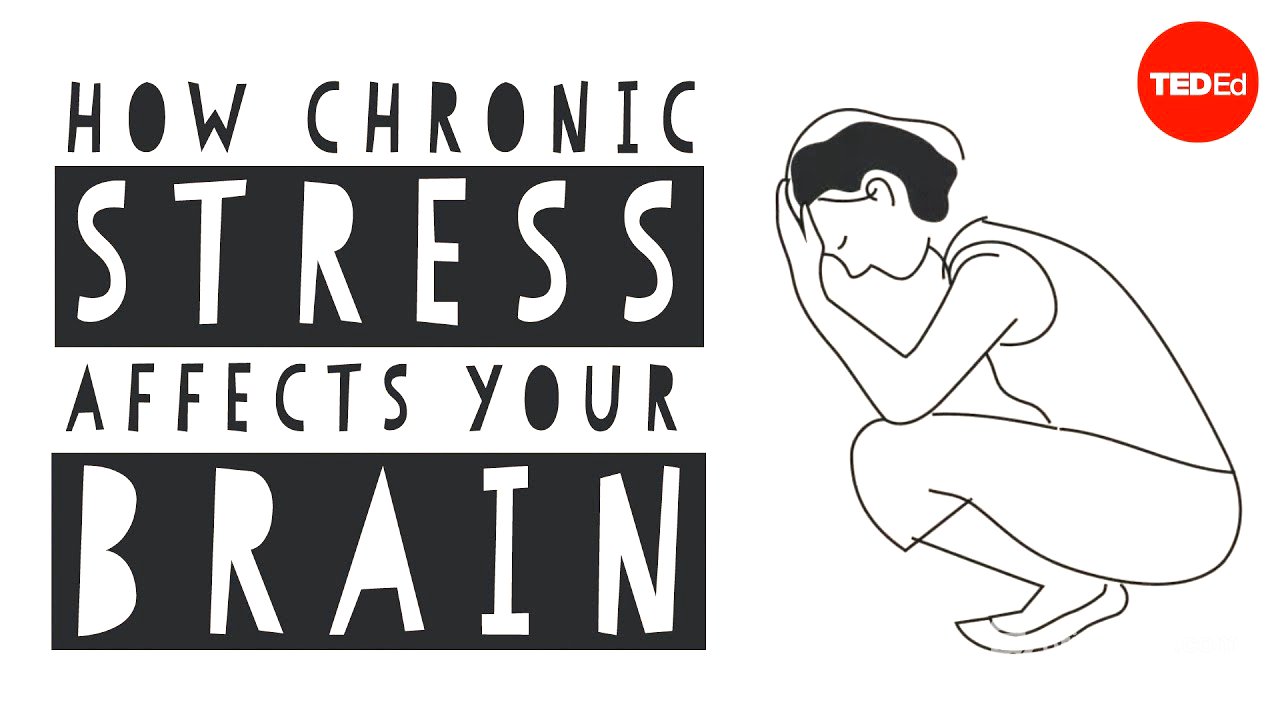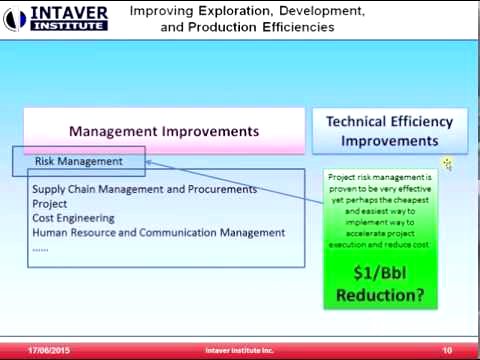TLDR;
This video explains how chronic stress affects the brain, detailing the biological mechanisms involved and the potential long-term consequences. It covers the role of the HPA axis and cortisol, the impact on brain structures like the amygdala, hippocampus, and prefrontal cortex, and even epigenetic effects. The video concludes with actionable advice on how to reverse the negative impacts of stress through exercise and meditation.
- Chronic stress changes the brain, affecting its size, structure, and function.
- High cortisol levels damage the hippocampus, leading to memory and stress control issues.
- Epigenetic changes from stress can be inherited across generations.
- Exercise and meditation can reverse the effects of stress on the brain.
Introduction to Stress and Its Effects [0:06]
The video starts by describing common symptoms of stress, such as restlessness, irritability, forgetfulness, and feeling overwhelmed. It clarifies that stress isn't always negative, as it can provide bursts of energy and focus in certain situations. However, chronic stress, which many people experience daily, can negatively alter the brain.
The Hypothalamus Pituitary Adrenal Axis (HPA Axis) [0:48]
The video explains the HPA axis, a system that controls the body's stress response. When the brain detects stress, the HPA axis releases cortisol, preparing the body for action. However, prolonged high levels of cortisol can harm the brain.
Impact on Brain Structures [1:20]
Chronic stress elevates activity in the amygdala, the brain's fear center, and impairs electrical signals in the hippocampus, which is crucial for learning, memory, and stress control. The weakening of the hippocampus reduces the ability to manage stress. Furthermore, high cortisol levels can shrink the brain, causing loss of synaptic connections and reducing the size of the prefrontal cortex, which regulates concentration, decision-making, judgment, and social interaction. This also reduces the creation of new brain cells in the hippocampus, potentially leading to learning and memory difficulties, and increasing the risk of mental health issues like depression and Alzheimer's disease.
Epigenetic Effects of Stress [2:28]
The video discusses how stress can affect DNA expression through epigenetic changes. A study with rats showed that nurturing mothers had pups that were less sensitive to stress due to developing more cortisol receptors in their brains. Conversely, pups of negligent mothers became more sensitive to stress. These epigenetic changes can be inherited by future generations, meaning the effects of stress can have long-lasting, inheritable consequences.
Reversing the Effects of Stress [3:28]
The video concludes by offering solutions to reverse the negative impacts of stress on the brain. Exercise and meditation, which involves deep breathing and focused awareness, are highlighted as effective methods to decrease stress and increase the size of the hippocampus, thereby improving memory. The video encourages viewers to take control of their stress to prevent it from controlling them.









